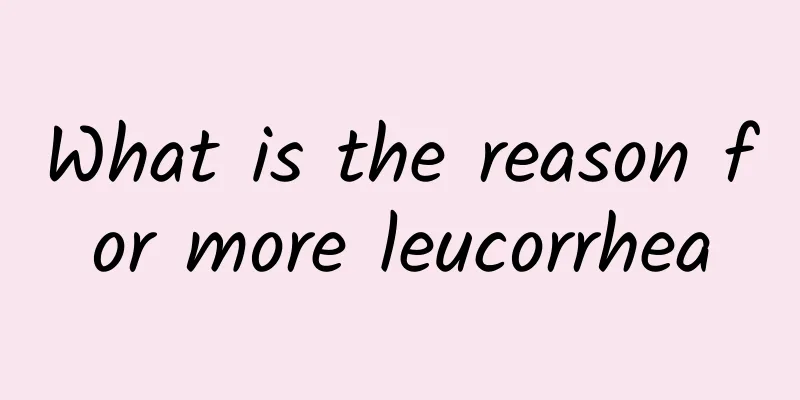How to kill the tooth nerve

|
The most common symptom of people with tooth decay is toothache. Many people say that toothache is not a disease, but it is really painful when it happens! What I want to say here is that toothache is a disease, and a relatively serious one. At this time, some people will choose to kill the dental nerve. Although it can solve the problem once and for all and there will be no toothache, it will also have a great adverse effect on the health of the body. The dental nerve cannot be killed casually. Let us understand it. The tooth nerve cannot be killed casually Symptoms where the stimulation is sensed by the "tooth nerve". A healthy dental pulp plays an important role in the strength of teeth. When the destruction of the tooth's hard tissue reaches the second layer or below, the physical and chemical stimulation in the mouth is sensed by the "dental nerves", and the patient's symptoms at this time may be: 1. The affected teeth are sensitive and uncomfortable to cold and hot water, sour and sweet foods; 2. Lightning pain or severe pain; 3. Severe pain when food is stuck in the tooth cavity; 4. Not drinking water or eating, that is, severe pain occurs without obvious inducement; 5. The occasional dull pain that doesn’t leave a deep impression. Don't kill the tooth nerve casually Because discomfort and pain are the main reasons why patients seek medical treatment, at this time, the first thing they think of is to kill the "dental nerve" to "put an end to it all." Some patients even demand that the "dental nerve" must be killed. In fact, after taking some auxiliary examinations and removing the decayed parts of the hard tissue of the teeth, we confirmed that it is only necessary to "kill the dental nerve" when the tooth disease has affected the pulp. Otherwise, practical measures should be taken to protect the pulp. Teeth with dead "dental nerves" are more brittle and more easily broken than teeth with living "dental nerves". The purpose and function of "killing the tooth nerve" is to temporarily relieve the pain caused by the lesions reaching the dental pulp and to prepare for the next step of treatment. When the lesions have not involved the dental pulp, you must not "kill the tooth nerve". At this time, taking other measures can also relieve discomfort and pain. Dental nerves cannot be killed casually. Only when tooth decay causes the dental nerve to corrode and necrotize, should we consider whether to remove the dental nerve. There is bone under the pulp. After the pulp is extracted and the pulp cavity is empty, bacteria and pathogens can easily infect downwards. Even if it is absolutely necessary to kill the dental nerve, the pulp cavity must be thoroughly cleaned and disinfected, and then filled and sealed with special substances to block bacteria and pathogens from infecting it. |
>>: What can I eat after having my teeth pulled?
Recommend
Gastric ulcer acid reflux, eat more of these foods
Gastric ulcer is a very common disease in the dig...
The efficacy and function of pigeon blood
The nutritional value of pigeons is very high, an...
The dangers of high bilirubin
The body also needs good protection, which will b...
How is Behcet's disease treated?
With the busy daily life, many people neglect the...
Can you take a bath with mugwort?
Taking a bath is an essential activity for people...
Taking diuretics to lose weight for a week
Many people are lazy and cannot control their die...
Why does my face go numb when I'm angry?
From the clinical manifestations, if the face bec...
What parts of hairy crabs can't be eaten?
I believe many people have heard that the tips of...
The efficacy of drinking water soaked with rabbit silk
Cuscuta australis is a traditional Chinese medici...
Do crabs and cold medicines conflict with each other?
Crab is a kind of food that many people like to e...
Acute pericoronitis
Does everyone know about acute pericoronitis? Do ...
How to clear your neck and shoulders yourself
If you have a disease in your shoulder and neck, ...
What is the reason for bitter mouth in the morning? What is the general cause?
I believe everyone must have experienced the situ...
What are the effects and functions of the wolfsbane?
The herb can be used to treat rheumatic paralysis...
Symptoms of rheumatoid arthritis
When it comes to the symptoms of rheumatism and r...









